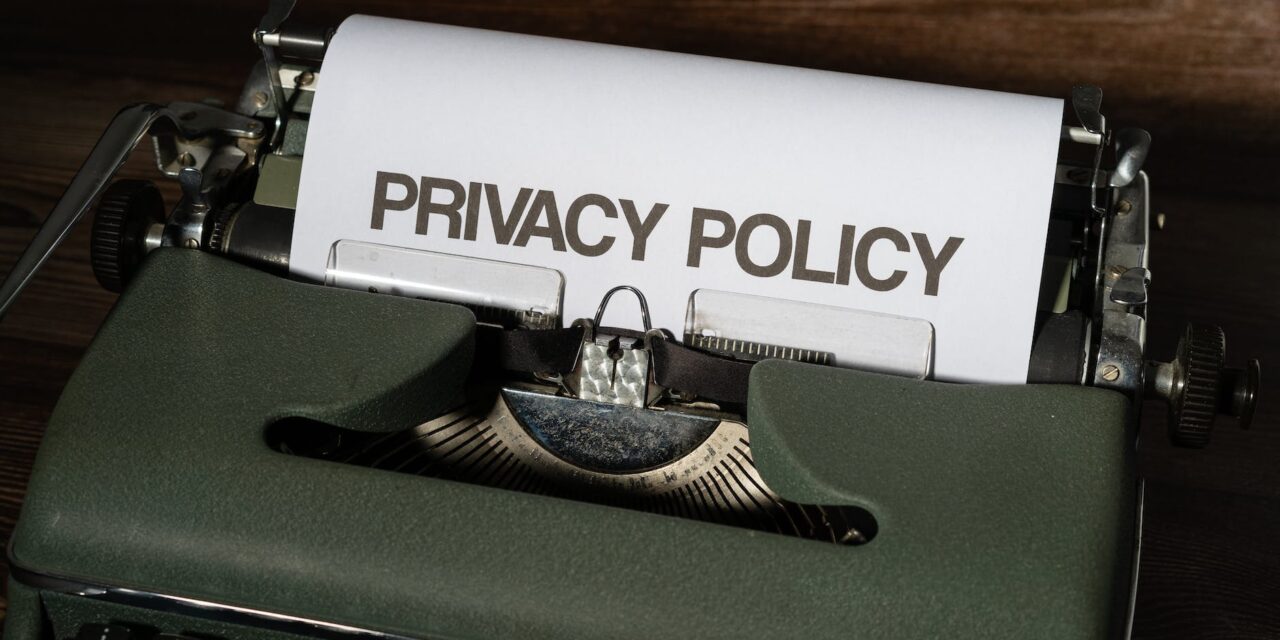The short answer is a definite yes. A privacy policy is probably one of the, if not the most important, legal pages that you need on your website. If you are collecting any information or dropping cookies, then you need one. Let us break it down for you:
What is this?
A privacy policy is a statement or a legal document that discloses some or all of the ways a party gathers, uses, discloses, and manages a customer or client’s data. It fulfills a legal requirement to protect a customer or client’s privacy.
A privacy policy should cover:
- The site’s use of cookies and other trackers
- How the collected personal information is used
- Who receives the collected information
- Contact information for erasing private information
- Information about third-party websites that might collect information (such as advertisers)
- Editing dates when the document is changed
Where is this going to be placed?
It would be best if you had a privacy policy on all of your websites because information gets collected from either forms or tracking tools like google analytics.
It’s legally required.
Privacy laws around the world, like the EU GDPR and CalOPPA, dictate that if you collect personal information from your website visitors, then you need to have a Privacy Policy posted to your site.
Many third-party services used to enhance website performance (like payment processing tools, analytics suites, and advertising plug-ins) also require you to have a Privacy Policy.






